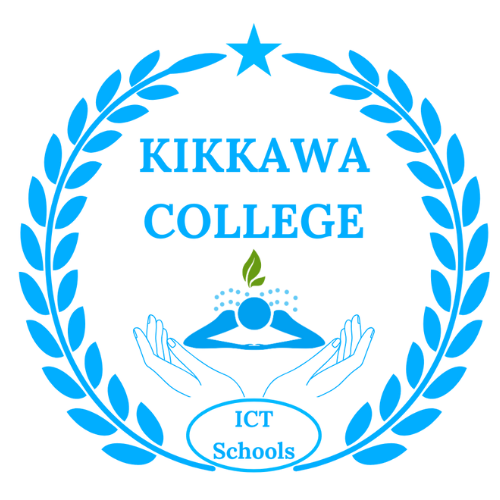Clinic Support Specialist – Introduction
The unsung heroes of the healthcare system are not always found in lab coats or scrubs. They’re behind the desk, managing appointments, organizing patient data, and ensuring that everything runs smoothly. These are Medical Office Administrators—skilled professionals trained to handle the crucial operational and customer service aspects of clinics, hospitals, and private practices. ICT Schools’ Medical Office Administration Diploma program prepares students to meet this challenge with a hands-on curriculum that’s as practical as it is career-focused.
Patient Flow is Patient Care
In healthcare, time is critical. Delayed appointments, mismanaged schedules, and missing paperwork can all affect patient outcomes. That’s why the ICT program emphasizes patient flow as a key priority. Students are trained in:
- Efficient scheduling using real-world Electronic Medical Record (EMR) systems
- Managing walk-ins and emergencies with calm, confident decision-making
- Organizing files and charts digitally to ensure quick access and patient safety
- Sending out automated reminders to minimize missed appointments
Through real-time simulation exercises and interactive labs, students learn how to keep clinics running smoothly—even during high-volume times.
Clinic Support Specialist – Software Skills and EMR Proficiency
Technology plays a vital role in modern medical offices. ICT students gain firsthand experience with industry-standard platforms like:
- Accuro EMR
- OSCAR
- Telus Health
- Microsoft Office tools (Outlook, Excel, Word)
They practice entering patient records, generating invoices, updating lab results, and managing referrals—all with a strong emphasis on confidentiality and data protection under Ontario’s PHIPA laws.
People Skills Matter
Technical skills are important, but so are communication and empathy. The program includes training in:
- Conflict resolution with anxious or frustrated patients
- Professional phone and email etiquette
- Multicultural sensitivity and inclusive language
- Ethical boundaries, privacy, and consent policies
Students role-play real-life situations they will likely face in clinics—such as dealing with upset patients, coordinating with nurses, or triaging urgent appointments.
Career Opportunities
Graduates with a Medical Office Administration Diploma are in demand across a variety of healthcare settings:
- General practice and walk-in clinics
- Dental and vision offices
- Mental health and addiction services
- Hospitals (unit clerk or departmental admin roles)
- Long-term care facilities
- Virtual care and telehealth platforms
With experience, MOAs can also move into team leadership, office management, or billing coordination.
Conclusion
Behind every successful healthcare provider is a well-trained medical office administrator. ICT Schools’ Medical Office Administration Diploma equips students to be efficient, reliable, and compassionate professionals who play a vital role in patient care. If you thrive in fast-paced environments and enjoy helping people, this career path offers job security, growth, and daily purpose.






